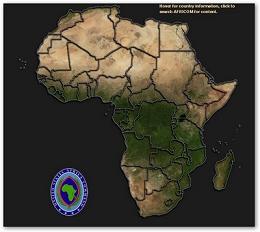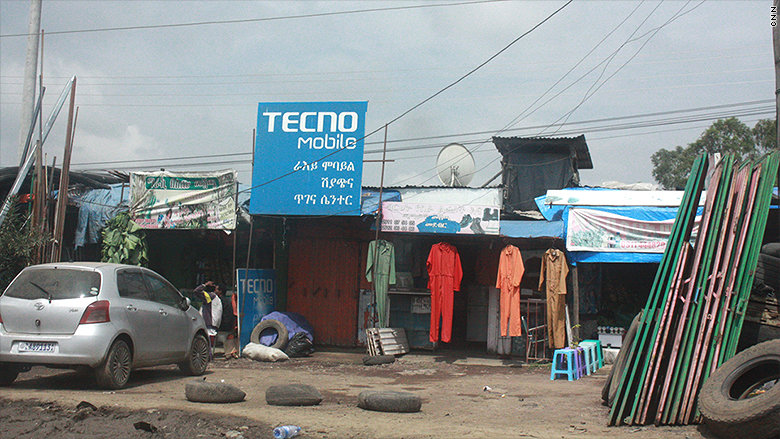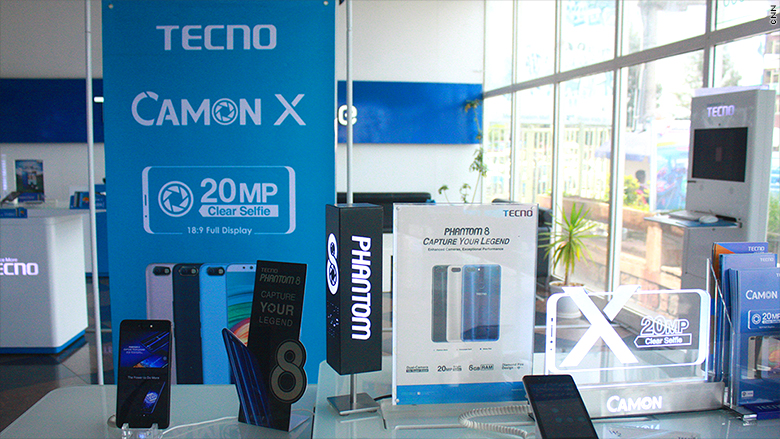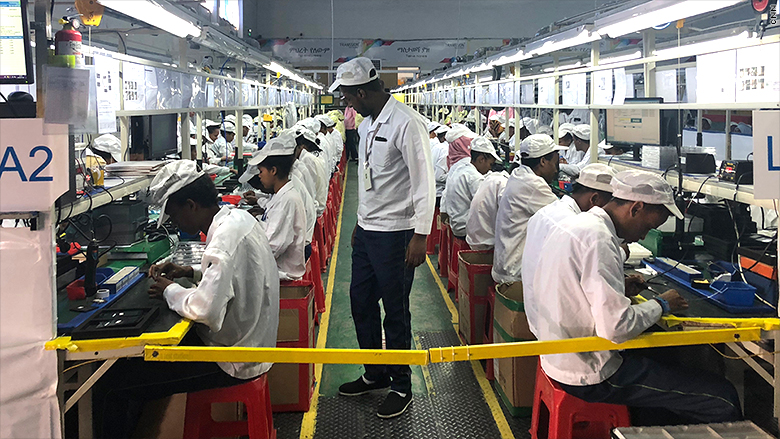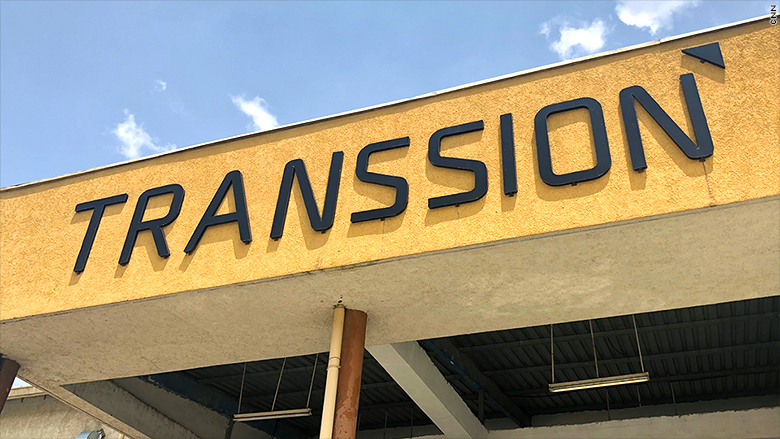loyola llothta
☭☭☭
Monsanto GMO Seeds in Nigeria, Breaking the Agricultural Cycle, Complicity of UN World Food Program
The original source of this article is Afro-EuroAsia Accountability Forum
Copyright © Slavko Nissl, Afro-EuroAsia Accountability Forum, 2017
@The Odum of Ala Igbo
World Food Program Distributes GMO and Hybrid Seeds to Northeast, Nigerian Farmers – Farmers’ Alliance Protests to UN Security Council
By Slavko Nissl
Nigeria’s Farmers Alliance of over 14 million farmers have called on all farmers especially in the Northeast to reject the genetically modified organisms (GMO) and Hybrid seeds distributed by the United Nation’s World Food Program (WFP) and the World Bank.
The body in a letter to the UN Security Council (UNSC), called for intervention to stop WFP and World Bank from using their international status to spread GMO seeds for Monsanto and Cargill in Nigeria and elsewhere in Africa.
Farmers’ Alliance said that ‘Bill Gates has used the UN World Food Program and World Bank to promote and distribute GMO seeds aimed at displacing use of natural seeds in Black Sub-Saharan Africa as the first step of displacing all indigenous farmers, who will be left out with no means of livelihood, while Monsanto (owned by Bill Gates) would have a monopoly of the seed market’.
This was in reaction to a news release, by the Executive Director of WFP, Ms. Ertharin Cousin, which said that one million returning Internally Displaced Persons (IDPs) from the Northeast are to be assisted with improved seeds and agricultural inputs in the process of rebuilding destroyed communities during this year’s cropping season.
However, what was kept silent and unknown to the poor Nigerian farmers is that their natural crops were destroyed by hired mercenaries called Boko Haram by the same billionaire sponsors, so that they would be replaced with GMO and Hybrid seeds from Monsanto and Cargill. This would mean that after this first cropping season with the GMO and Hybrid seeds planted in the entire Northeast food basket of Nigeria, the Food Security of Nigeria would be effectively captured by Monsanto! Farmers cannot replant the patented GMO and Hybrid seeds from Monsanto.
Every planting season they must go to Monsanto seed brokers to purchase the seeds at a cost yet to be told to them.
Should they replant the GMO and Hybrid seeds they will get a harvest which is less than one-third their first, and subsequently the yields would fall to no yields at all! According to a spokesman for the group, Ahmed Sule, ‘the situation is dire and is an international emergency.
It reveals that, Bill Gates and Monsanto in collaboration with the WFP and World Bank are implicated in the carnage created by Boko Haram’. It is inevitable that the poor farmers must buy the new seeds from Monsanto or else they would be out of business. The devastation that awaits the farmers in the Northeast is even greater than the present. The cost of seeds from Monsanto could go as high as 30 times as was the experience in India with Bt Cotton , where 300,000 farmers committed suicide because they could not meet up with costs of seeds.
Despite the false promises and propaganda, the scientific facts show that GMO crops are failing to control pests and weeds, and have instead led to the emergence of superpests and superweeds.
Monsanto which is owned in part by Bill Gates, the American billionaire who is actively engaged in Nigeria personally, and through several envoys including Melinda Gates, NGOs, and proxies in the World Bank and Africa Development Bank, has worked relentlessly to deceive Africa leaders and trick them into approving GMOs and Hybrid seeds. Bill Gates wants to control the seed market for all foods in Africa’s most populous nation, Nigeria.
The destructions of Northeast farmlands and driving farmers away to become international displaced persons (IDPs) was the first stage to make them lose all their natural seeds and crops, and now the second stage to replace their crops with the so-called ‘improved seeds’ used as the code name for GMOs and Hybrid seeds. In 2010, Monsanto adopted the same approach of exploiting desperate poor Haitian farmers in the aftermath of the earthquake, but the Haitian farmers caught Monsanto and destroyed their GMO seeds.
In 2011, Hungary burnt all the Monsanto GMO and Hybrid corn fields similar to that in the Northeast Nigeria, citing health, environmental and food security concerns . Other European countries including Austria, France, Germany, Hungary, Luxembourg, Greece, Italy and Bulgaria have banned planting GMO and Hybrid seeds. This forecloses food exports from Sub-Saharan Africa into the European Union countries, leaving a bleak future for Africa’s agricultural sector.
Many industry observers are sceptical that Nigeria would ban GMO seeds outright, because of the powerful lobby by Monsanto backed by Nigerian billionaire businessmen and politicians including a former head state.
Billions of US dollars have been spent on bribes and lobby by Monsanto and Bill Gates in Nigeria, Ghana, Kenya and South Africa, hence no ban of GMOs could be effected thus far despite that 98% of the people polled in Nigeria, Ghana and Kenya want to see a ban of GMO and Hybrid crops.
Monsanto and Bill Gates relied on the WFP to distribute the GMO and Hybrid crops during the famine in Southern Africa, which was rejected by their governments, prompting the United Nations Head Office to issue a Statement on GMOs distribution by World Food Program
The original source of this article is Afro-EuroAsia Accountability Forum
Copyright © Slavko Nissl, Afro-EuroAsia Accountability Forum, 2017
@The Odum of Ala Igbo
